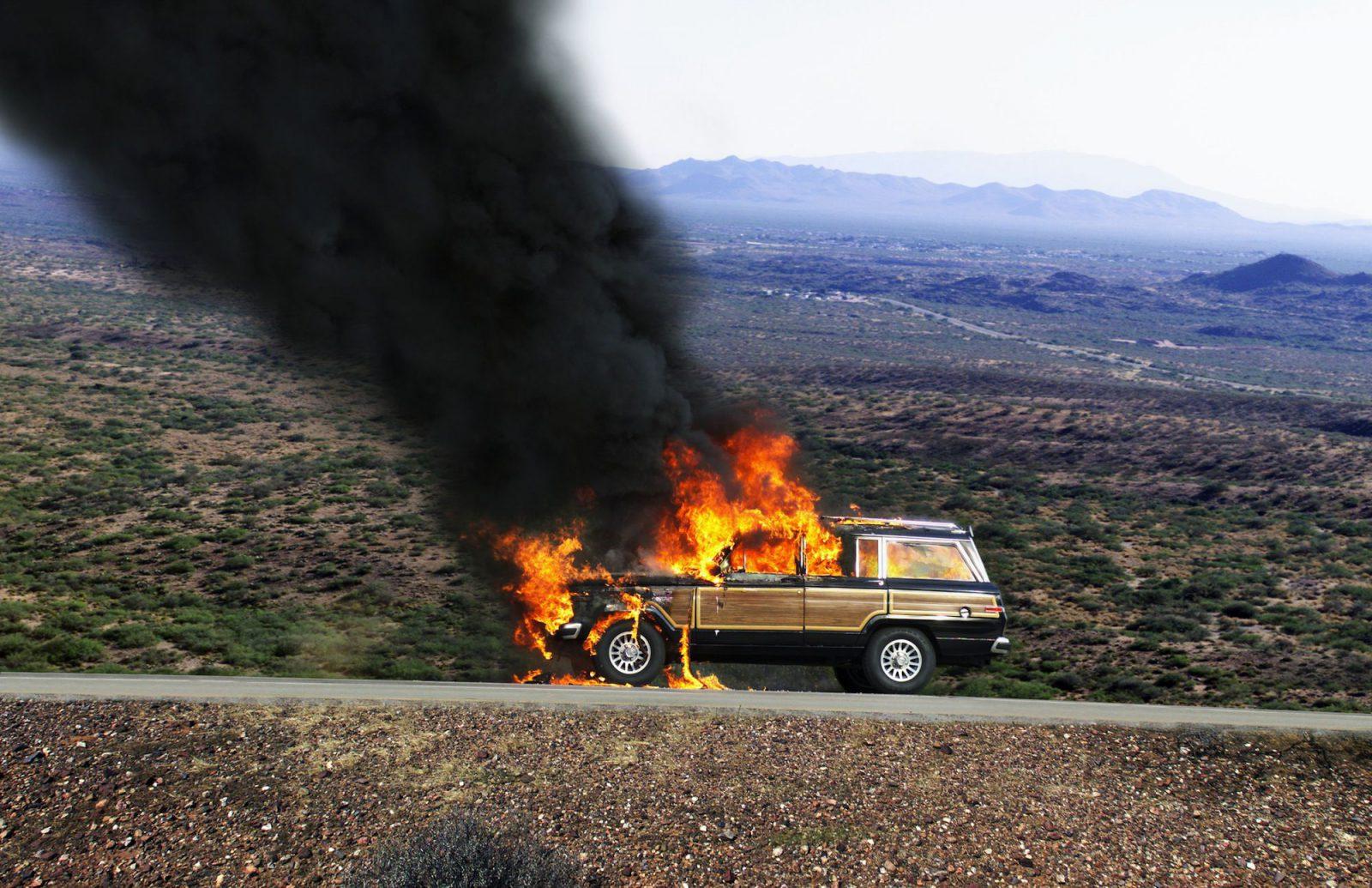Car fire is by far one of the most terrifying experience with car owners. It is obvious that no one wants to see his beloved four-wheel vehicle getting caught on fire. Yet many people do not know how and why that incident happened. For that reason, in this article, we will list out the most common 6 causes of car fires.
Contents
6 Causes Of Car Fires
In order to avoid this terrible incident, you need to understand the causes of car fires:
Poor Maintenance
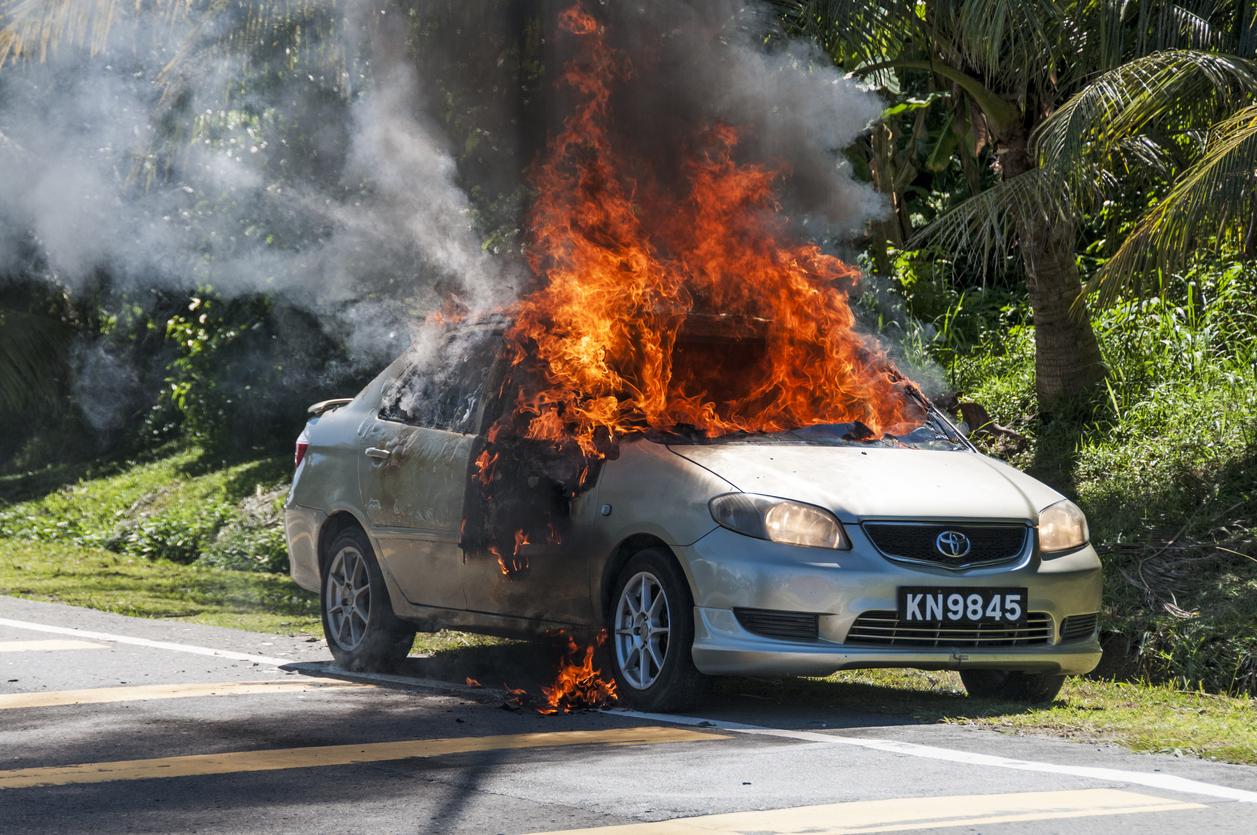
Of course the number one causes of car fires is human error. Many people think that being lazy is not that much of a problem. But if you car owners keep delaying the maintenance schedule, you are unknowingly increasing the risk of a car fire.
Without maintenance, you cannot spot and repair broken parts, seals and wiring and your vehicle will slowly going in to the conditions of causing fire. For example, a faulty gasket in the engine will drip fluids, which is amazingly flammable. To prevent this, bring your car to the car mechanics shop immediately.
Accident

Even though it depends on the impact, a car accident can spark and even consider to be one of the causes of car fire. Many people think that cars are designed to protect the internal very well. However, the sheet metal is not that much of a barrier, so a heavy hit can actually cause spillage and fluid leaks. And it is the perfect condition to start a fire.
Also, we cannot see the car damage in a crashed vehicles to know whether they will cause a fire or not. So we recommend to get away from the accident as fast as possible.
Fuel System Leaks

We now discuss about one of the most common cause of vehicle fires: Fuel leaks in the system. There are numerous factors that can cause a fuel leak, which make it very dangerous. Car fluids have flammable and poisonous properties, but it is nowhere near the dangerous of gasoline. Gasoline can catch fire from a simple spark or when reaching the temperature of 45 degrees.
Our recommendation is to make sure your four-wheel vehicle is properly maintained and always check the leak before driving out.
Electrical System Failure
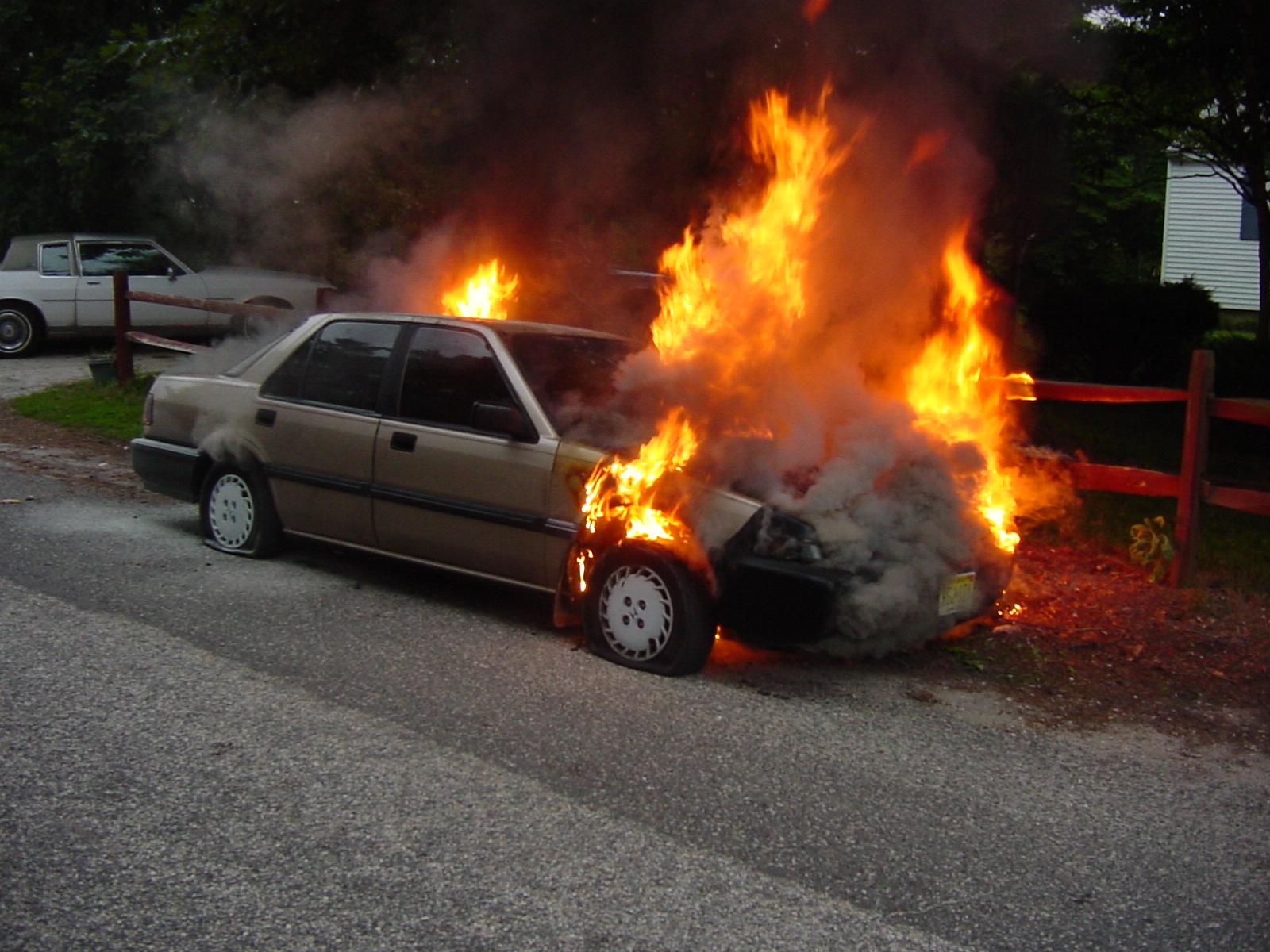
As many car owners, we know car batteries are problematic. In fact, electrical system failure are so troublesome it takes the second place on the common causes of car fires list.The failure in electrical system can produce sparks, ignite the leaked vapors or fluid drop. Since the wiring runs from doors, channels to seats, carpet, it can cause a fire from every spot in your beloved car if there is anything wrong in the system.
One more time, take your car to the car mechanics for schedule check to avoid the electrical system problem.
SEE MORE:
Electric Vehicle Batteries
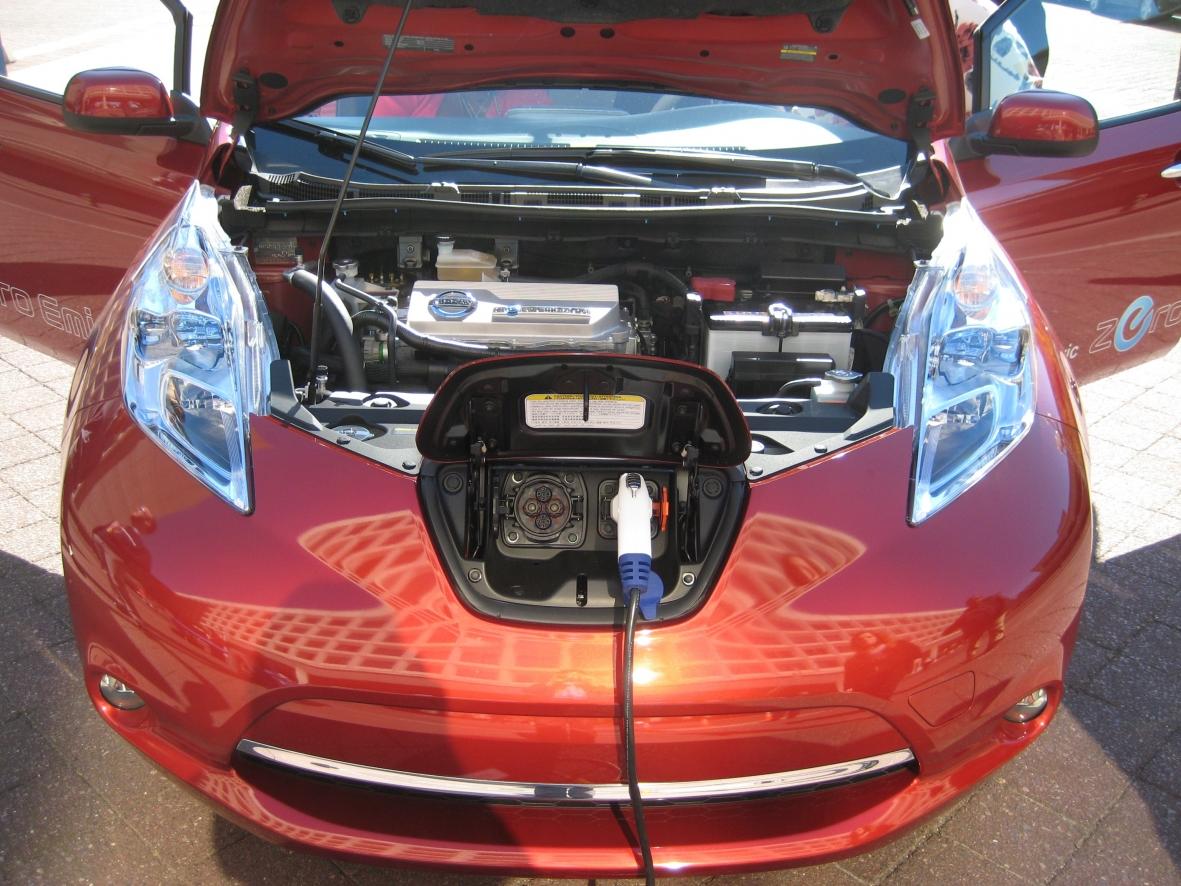
Electric vehicle batteries was the problem with car mechanics from a long time ago. Even with the safest car in the world Chevy Volt, the car makers still need to perform many tests of vehicles caught fire during impact. In most of these problems, one of the major causes of car fires is the leaking coolant. It interacts with the damaged batteries, which create sparking and blaze.
This problem is amazingly troublesome, since there are always new potential risks with every new design.
Overheat Engine
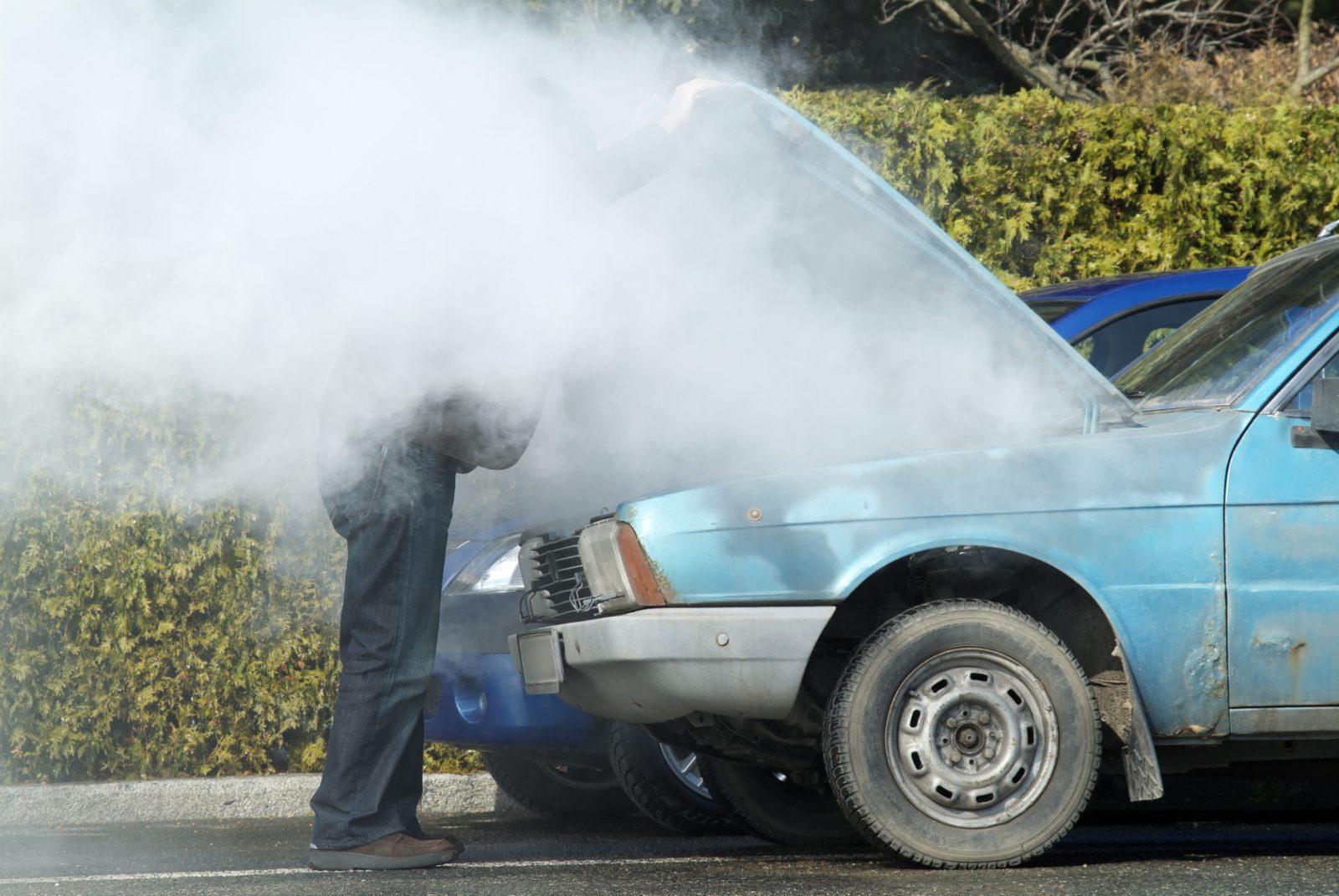
Last but not least, we come to one of the most common causes of car fires: Overheat engine. An overheat engine that causes fire to your car might sound impossible, yet it is actually the result from many incidents.
The heat from the engine will make the oil and coolant rise and have a chance to spill out of the areas of circulation. And when this happens, the internal fluids will drizzle and drip throughout the exhaust system, engine bay and many other hot car parts. And as you all know, they are easily spread and ignite.

